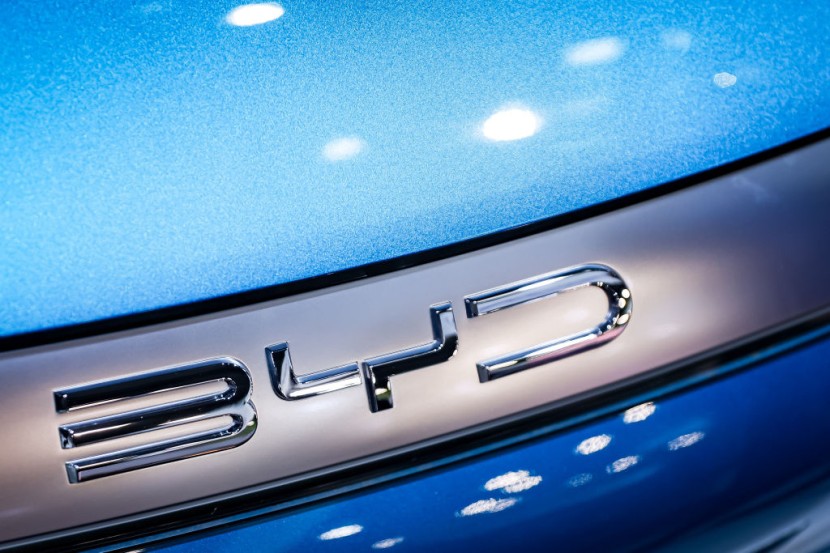Wang Chuanfu, founder and CEO of BYD, the biggest manufacturer of electric vehicles (EVs) in the world, said that the company would spend 100 billion yuan ($14 billion) to research and develop smart car features. The China-based EV maker is taking this step to compete with competitors that are loading their cars with more advanced technology.
In the news announced on Tuesday, January 16, Wang withheld further information, including a projected duration of the investment.

Autopilot Navigation and More
According to Bloomberg, Navigation on Autopilot is a technology that BYD intends to provide that will enable drivers to remove their hands and feet from the wheel in specific circumstances. As part of the system, drivers are prompted to touch the wheel every 15 seconds.
Vehicles priced over 200,000 yuan ($28,000) will have the option to upgrade to it. Meanwhile, it will be standard in automobiles priced above 300,000 yuan ($42,000).
BYD's Denza N7 EV has Navigation on Autopilot pre-installed. According to the automaker, it will be included in the designer's high-end Yangwang brand models and maybe even in some of the company's more affordable lineups.
During its presentation at an event in Shenzhen, BYD also discussed other aspects that are not related to driving but might improve the experience for drivers.
For around 1 million yuan ($140,000), you may have the Yangwang U8, which can be customized with a drone attachment and a carrying case. The steering wheel can be detached from the control column, thanks to an engineering modification. This allows drivers to use it in conjunction with the car's pedals to simulate virtual racing games.
With the addition of palm-print motion sensor technology, BYD is allowing drivers of its more expensive models to unlock vehicle doors just by waving their hands over them.
See Also : Tesla Could Lose to BYD as Chinese EV Maker Boasts Producing Over 3 Million New Energy Vehicles
Other Appealing Features For Drivers
One of the most appealing features to buyers in China and elsewhere is the availability of advanced driver-aid technologies. In some locations and on certain routes, smart vehicles may park themselves and even go into autopilot mode. In fact, Chinese market leaders Xpeng and Huawei deploy advanced driver assistance systems to differentiate their cars and charge premium pricing.
Once Xpeng's navigation guided pilot system (XNGP) was released to 52 cities in the country, it solidified the company's reputation as one of the most cutting-edge Chinese smart driving manufacturers. Using Lidar sensors and cameras, the system can autonomously accelerate, stop, identify traffic signals, and change lanes.
A memory parking capability is another option available on certain Xpeng models. This allows the vehicle to navigate to a specific location by remembering its previous location in a parking garage.
© 2025 HNGN, All rights reserved. Do not reproduce without permission.








